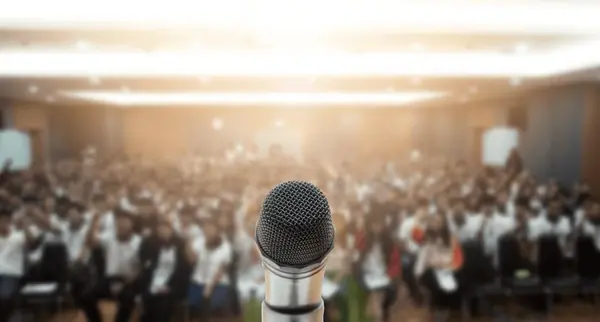Sound is one of the most critical elements of any event. Whether it is a conference, concert, wedding, or corporate gathering, clear and balanced audio can make or break the experience. Yet, many event venues face recurring sound issues that disrupt communication, lower audience engagement, and leave a poor impression on guests.
The good news is that most of these problems are preventable. With the right planning, equipment, and technical know-how, you can create an environment where every word and note is heard as intended. This guide highlights the most common sound problems in event venues and provides practical solutions to fix them.
Poor Venue Acoustics
Why Acoustics Matter
The design of a venue plays a huge role in how sound travels. High ceilings, hard surfaces, and large glass windows often cause sound reflections, leading to echoes and reverberation. This makes speech less intelligible and music muddy.

Solutions to Improve Acoustics
- Use acoustic panels or curtains to absorb reflections.
- Add carpets or rugs in large rooms to minimize sound bouncing.
- Position speakers strategically to reduce dead zones.
- Consider portable acoustic treatments for temporary event spaces.
For venues that frequently host events, investing in permanent acoustic treatment can pay off by improving overall sound quality and guest satisfaction.
Microphone Feedback
What Causes Feedback
Feedback happens when sound from the speakers re-enters the microphone, creating a high-pitched squeal. It is one of the most disruptive sound problems in event venues and often results from improper microphone placement or excessive volume.
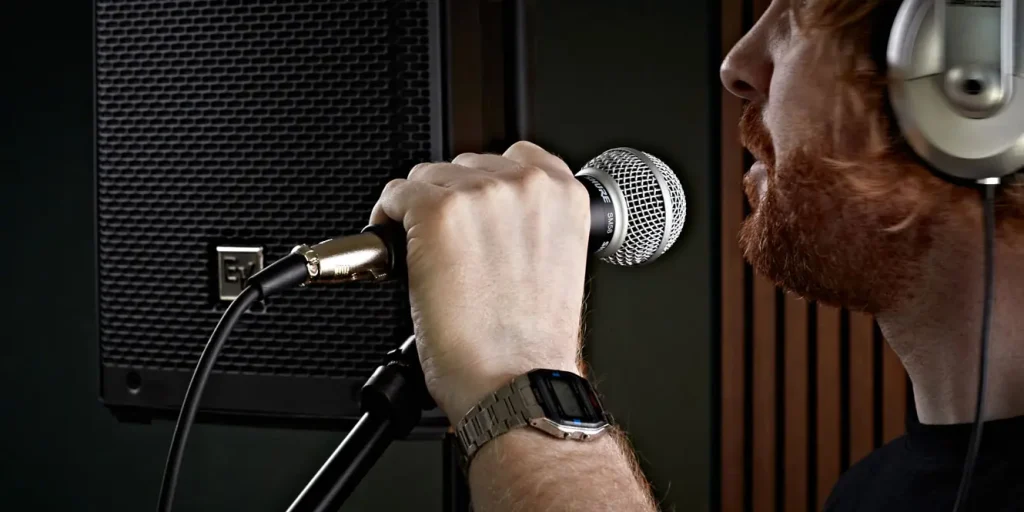
How to Prevent Microphone Feedback
- Keep microphones behind speakers, not in front.
- Train presenters to hold microphones at the right distance.
- Use directional microphones to reduce unwanted pickup.
- Adjust equalizer settings to cut frequencies prone to feedback.
A soundcheck before the event is the best way to catch potential feedback issues early.
Uneven Sound Coverage
The Problem with Dead Zones
In many event venues, guests in the front rows hear everything clearly while those in the back struggle to catch a word. This inconsistency in sound coverage often happens when a single set of speakers is expected to cover a large area.
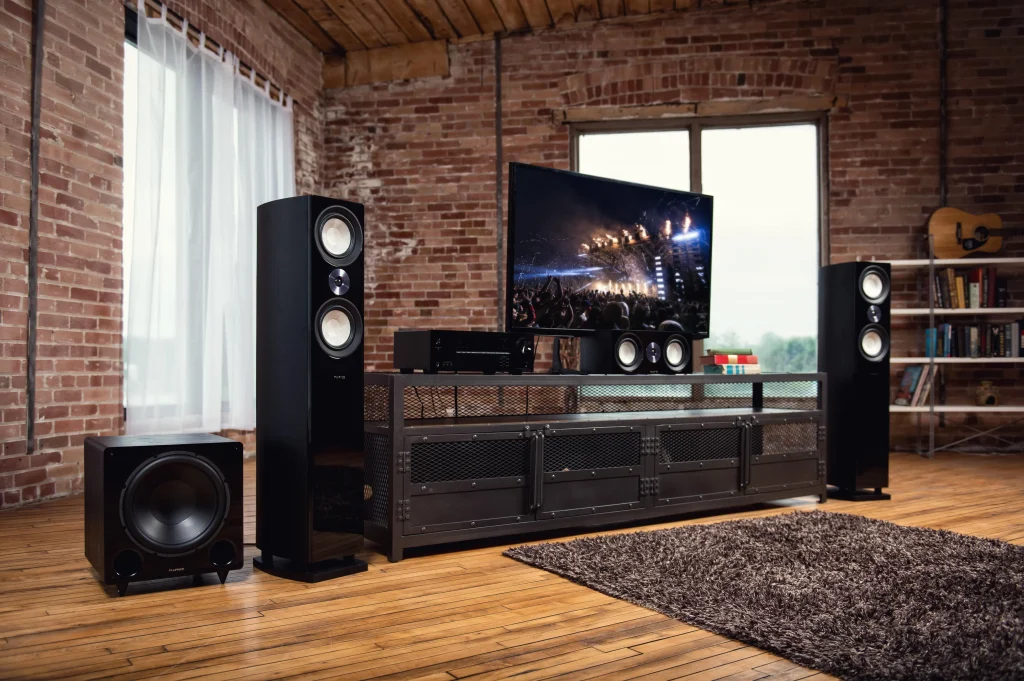
Fixing Uneven Coverage
- Place multiple speakers throughout the venue rather than relying on one set.
- Use delay speakers in large halls to synchronize sound across distances.
- Conduct a walk-through during setup to test sound levels in different spots.
Ensuring even coverage helps maintain audience engagement and makes everyone feel included.
Distorted or Muffled Sound
Why Sound Gets Distorted
Distortion often comes from overloading speakers or poor-quality audio equipment. Muffled sound may also result from improper equalizer settings or microphones that are not suited for the type of event.
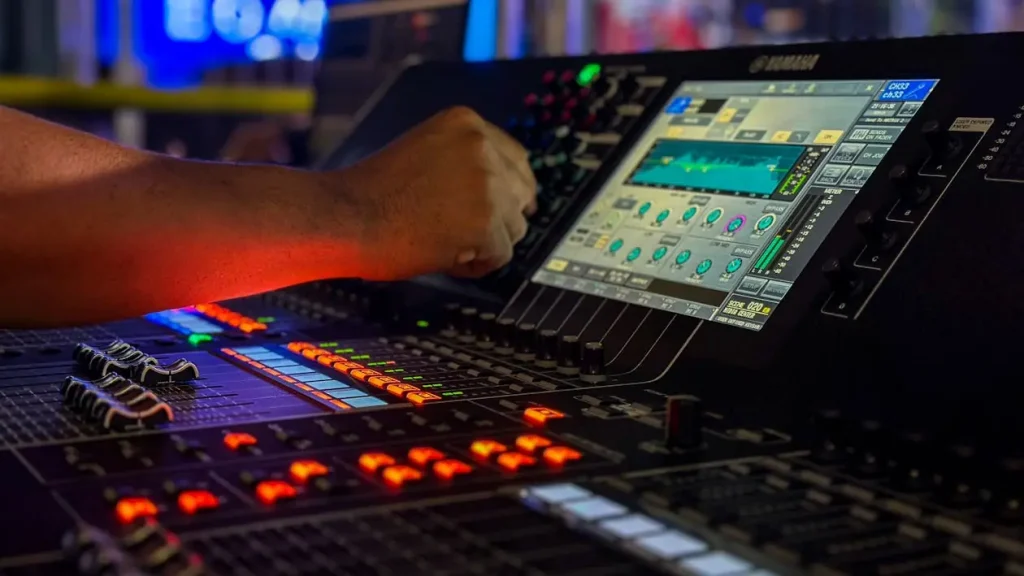
Solutions for Clear Sound
- Invest in high-quality speakers and microphones.
- Avoid pushing sound systems beyond their limits.
- Balance audio with a professional mixing console.
- Choose microphones tailored for speech, vocals, or instruments.
Professional sound engineers can fine-tune equipment to deliver crystal-clear audio that matches the event type.
Background Noise Interference
Common Sources of Noise
Air conditioning units, kitchen activity, traffic outside, and even crowd chatter can interfere with the clarity of speeches or performances. Uncontrolled background noise is a frequent complaint at both indoor and outdoor venues.
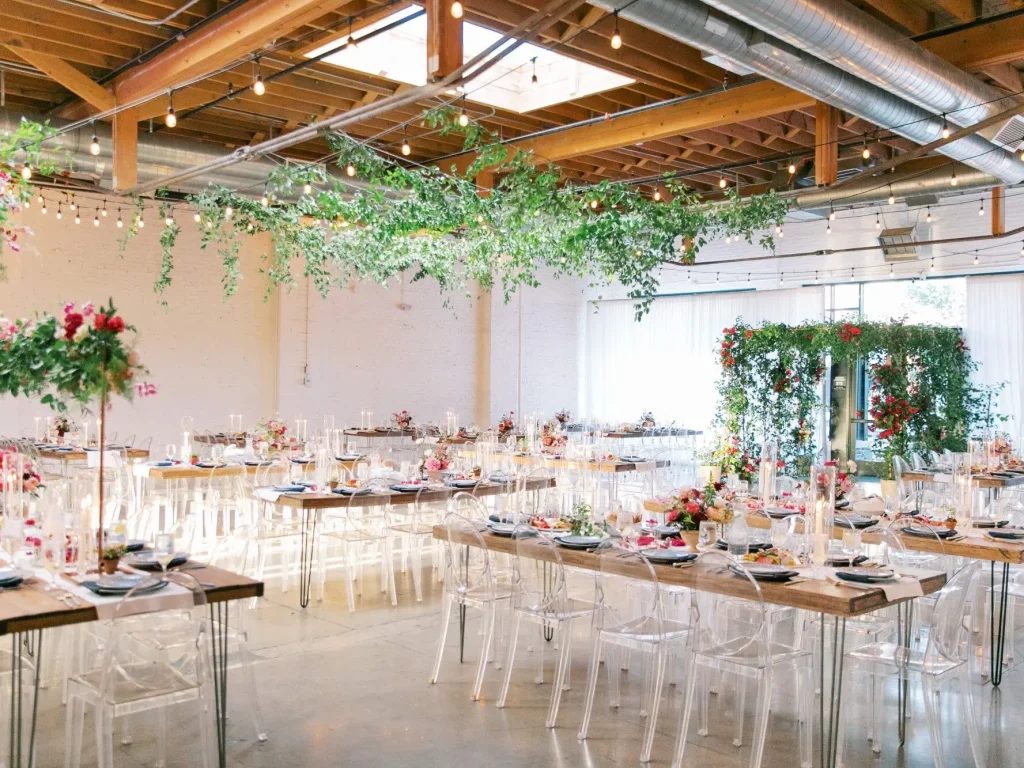
Reducing Noise Issues
- Use noise gates or filters to block unwanted sounds.
- Opt for wireless microphones with strong noise rejection.
- Position speakers closer to the audience to reduce the need for excessive volume.
- Work with the venue to minimize mechanical noise during events.
For outdoor venues, consider directional speakers to keep sound focused and minimize interference from external sources.
Technical Glitches with Wireless Systems
Why Wireless Sound Systems Fail
Wireless microphones and speakers are convenient, but they are prone to signal dropouts and interference. This usually happens due to frequency conflicts, low batteries, or poor line-of-sight placement.
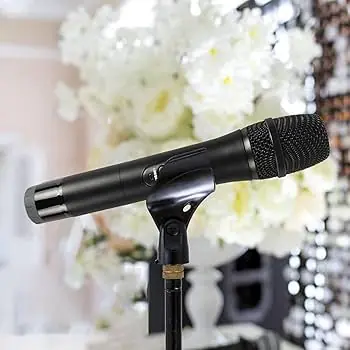
How to Avoid Wireless Sound Issues
- Always test wireless equipment before the event.
- Keep fresh batteries or rechargeable packs on standby.
- Assign channels that avoid interference with nearby devices.
- Place receivers within clear range of transmitters.
Having a wired backup system available ensures the show goes on even if wireless systems fail.
Low Volume Levels
Why Some Guests Cannot Hear
Even in small venues, low volume levels can make speeches or performances difficult to follow. Often this happens because event organizers fear being “too loud” and end up setting sound levels too low.
Solutions for Proper Volume
- Adjust volume based on room size and audience density.
- Use a sound level meter to keep levels consistent.
- Train presenters to project their voices clearly.
- Position speakers closer to the audience for better clarity.
Balanced volume ensures sound is neither overwhelming nor too faint.
Echoes and Reverberation
How Echoes Affect Events
Long echoes and reverberation blur words, making them hard to understand. This is especially problematic in conference halls, places of worship, and ballrooms with reflective surfaces.
Reducing Echo Problems
- Add soft furnishings like drapes and upholstery.
- Place sound-absorbing panels at reflection points.
- Use line array speakers that direct sound precisely.
- Keep sound sources closer to the audience.
Controlling reverberation helps keep speech intelligible and music clear.
Importance of a Professional Sound Engineer
While small adjustments can help, hiring a professional sound engineer often makes the difference between an average and a flawless event. An experienced engineer can:
- Optimize speaker placement.
- Balance audio for speech, music, and multimedia.
- Troubleshoot technical issues in real-time.
- Ensure backup systems are ready to go.
Their expertise ensures that sound quality remains consistent throughout the event.
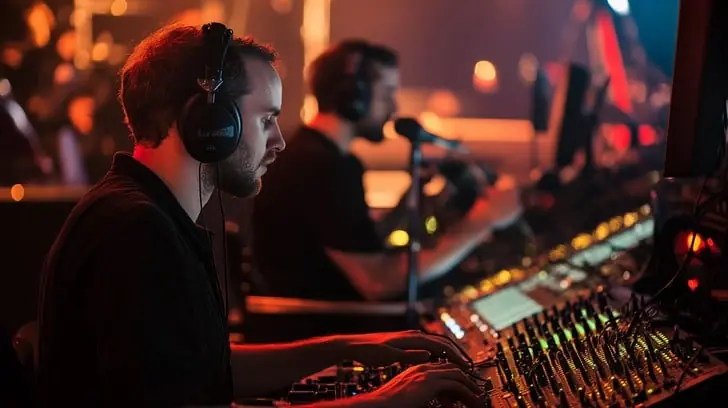
Conclusion: Creating Better Event Sound Experiences
Clear, reliable sound is not a luxury but a necessity for successful events. From poor acoustics and microphone feedback to uneven coverage and technical glitches, sound problems can easily disrupt the flow of a program. The solutions often involve a mix of acoustic treatment, proper equipment setup, and professional oversight.
When planning your next event, prioritize sound quality as much as visuals or decor. Partnering with the right venue and working with skilled audio technicians will ensure your audience hears every word and enjoys every performance.
Ready to elevate your event sound experience? Contact professional audio specialists to design the perfect solution for your venue.

